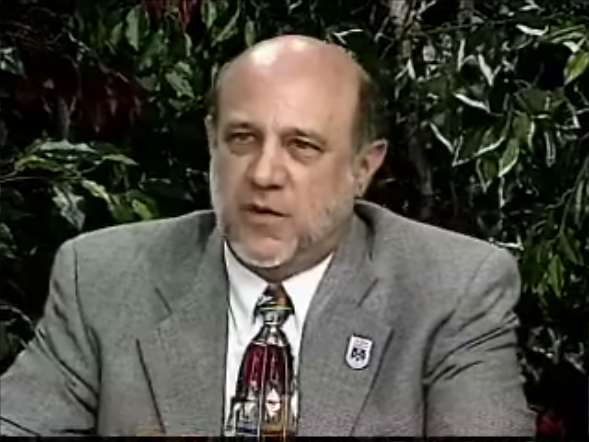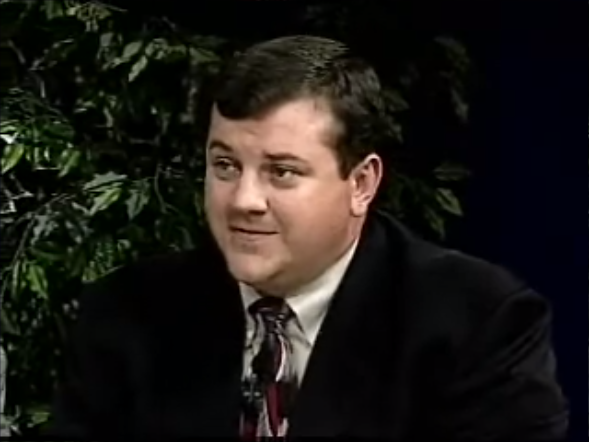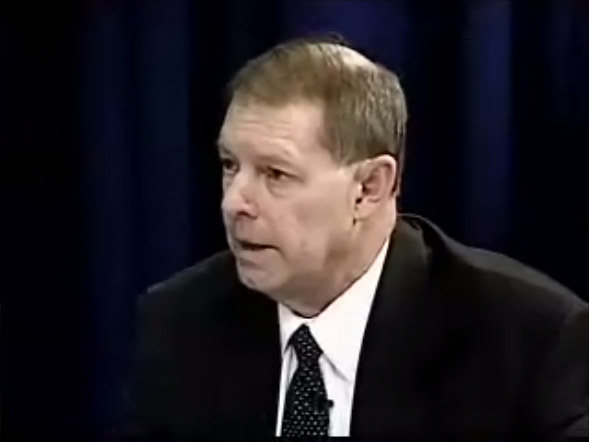
The Pharmacist's Role in Disasters
Course Description:
Hurricanes, tornadoes, bioterrorism, and pandemic flu are all examples of events that create emergencies for the public health system. Such events have disrupted the lives and healthcare of thousands of individuals and will do so again in the future. Regardless of the type of event, when such emergencies occur, communities and individuals face real difficulties related to the need to obtain and properly use pharmaceutical products or the need to maintain appropriate pharmaceutical therapies. Pharmacists serve the fundamental role in our ability, as a society, to initiate a pharmaceutical emergency response where needed, and to maintain appropriate pharmaceutical care for a damaged community.
The broadcast faculty in this session will discuss the changing role of the pharmacist in the public health system as well as the specific roles of the pharmacist during a public health emergency response. They will also present examples from the experiences of the pharmacy community during the aftermath of Hurricane Katrina.
Note: This course was originally delivered as a satellite broadcast.
Target Audience
Academic Faculty/Staff, Federal Government Employees, State Government Employees, Local Government Employees, Non-Government Employees and Students
Learning Objectives
- Gain insight into the changing role of the pharmacist in public health service delivery
- Describe the roles that must be played by pharmacists during a response to a public health emergency
- Discuss lessons learned in Alabama and the Gulf about the delivery of pharmaceutical care during the aftermath of Hurricane Katrina
Instructors:

Stuart Capper, DrPH
Professor and Director
Institute for Public Health and Pharmacy
Samford University

Michael Hogue, Pharm.D., FAPHA
Assistant Professor
McWhorter School of Pharmacy
Samford University

Charlie Thomas, BPharm, RPh, FAPHA
State Pharmacy Director
Alabama State Department of Public Health
Available Credit
- 2.00 Participation/CETulane Professional and Continuing Education (PaCE) awards 2.00 hour(s) of credit for completing The Pharmacist's Role in Disasters
Price
Required Hardware/software
System Settings
This course is designed to work most effectively if your computer and internet connection meet certain minimal requirements. This course can be accessed using a Windows 10 PC or a Mac with High Sierra1, Mojave, or Catalina. Pop-up blockers should be disabled when viewing the course. Internet Explorer 11 (for Windows 10), or the current version of Google Chrome, Mozilla Firefox, or Apple Safari (for Windows 10 and or Mac) is required. Many of our courses require Java and JavaScript enabled.
Links to External Websites
Links to websites outside this course will open in a new window or tab. Some browsers may minimize the course window. If this occurs, maximize the course window to return to the course.
Adobe Acrobat Reader (for desktops and laptops)
Adobe Acrobat Reader is required to access some documents in this course. If you need to download a free copy of Acrobat Reader, click here.
Internet Connection Speed
A minimum download speed of 1.5 Mbps is recommended for an optimal experience, which is commonly the speed associated with a basic DSL or a cellular/satellite connection. A faster connection, such as cable or fiber service, with further enhance your online experience. A Wi-Fi connection is generally acceptable, but it is dependent upon one of the two services mentioned above. You can check your internet connection speed at http://www.speedtest.net/.

 Facebook
Facebook X
X LinkedIn
LinkedIn Forward
Forward